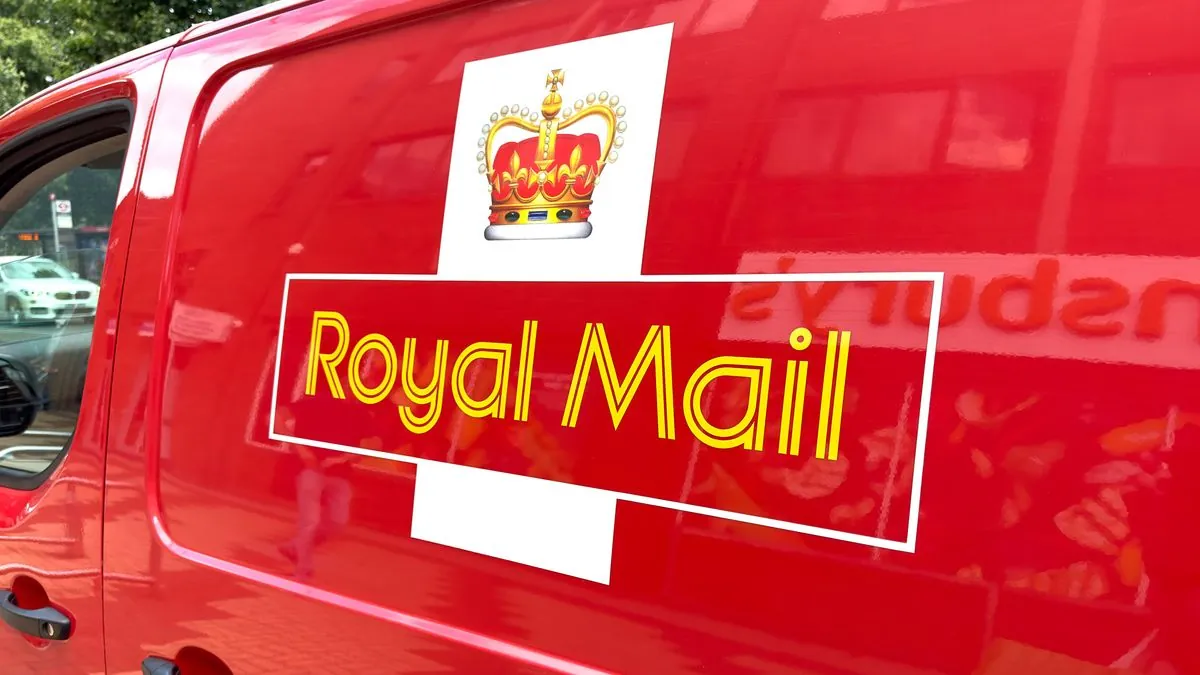Royal Mail's Foreign Takeover: A Turning Point for UK's Postal Service
Czech billionaire acquires Royal Mail, raising concerns about service changes and financial stability. The £3.6bn deal marks the first foreign ownership of a national postal service, prompting debate on UK's asset sales.

The recent £3.6bn acquisition of Royal Mail by Czech billionaire Daniel Kretinsky has sparked a heated debate about the UK's tendency to sell vital national assets to foreign investors. This unprecedented move marks the first time in Royal Mail's 508-year history that it has fallen under private, foreign ownership.
Founded in 1516 during the reign of Henry VIII, Royal Mail has been a cornerstone of British communication for centuries. The company, which employs over 150,000 people and delivers to more than 30 million addresses across the UK, now faces potential significant changes under its new ownership.
One of the most immediate concerns is the proposed elimination of Saturday second-class post deliveries. This change, if implemented, could save the company up to £300m annually. However, critics argue that such cost-cutting measures may compromise the universal service obligation (USO) that has long been a hallmark of Royal Mail's operations.

The decline in letter volumes has been cited as a primary reason for these proposed changes. From a peak of 20 billion letters per year, the current annual volume has dropped to 6.7 billion - equivalent to just four letters per week per household. This shift reflects the broader trend towards digital communication, which has significantly impacted traditional postal services worldwide.
Despite these challenges, Royal Mail continues to handle around 14 billion letters and parcels annually, demonstrating its crucial role in the UK's infrastructure. The company has also been adapting to changing market demands, introducing Sunday parcel deliveries in 2014 and incorporating electric vehicles into its fleet of 48,000 vehicles since 2017.
However, concerns persist about the financial implications of the takeover. The deal involves loading £2.3bn of additional debt onto Royal Mail's balance sheet, raising questions about the company's ability to invest in necessary improvements and maintain service quality.
"We are committed to maintaining a high-quality service while adapting to the changing needs of our customers and the evolving market landscape."
Critics argue that this debt burden could lead to further service reductions and potentially compromise Royal Mail's ability to fulfill its obligations. The company has already faced criticism for rising stamp prices, with the cost of a first-class stamp increasing from 85p in 2022 to £1.35 in 2024.
As the UK government and regulatory bodies consider the implications of this takeover, the future of Royal Mail remains uncertain. The decision to allow foreign ownership of such a critical national institution has reignited debates about the UK's approach to foreign investment and the long-term consequences for essential services.
With Ofcom set to make a decision on potential service changes in the summer of 2025, stakeholders across the country will be closely watching the developments at Royal Mail. The outcome of this "unique experiment" in postal service privatization could have far-reaching implications for the future of mail delivery in the UK and potentially set a precedent for other countries considering similar moves.


































